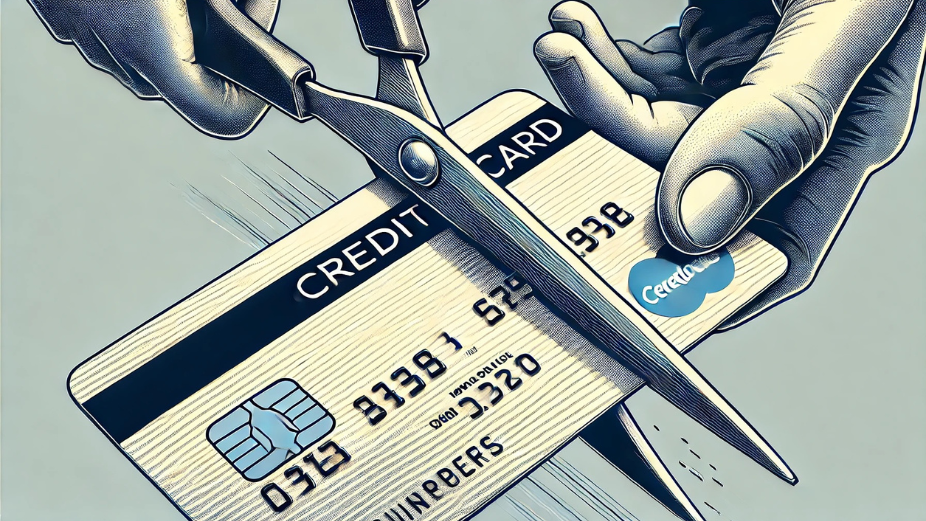
In a move that is likely to have far-reaching consequences for ordinary Maldivians, the Bank of Maldives (BML) has announced significant changes to its card limits for foreign transactions. The decision, effective immediately, comes in response to what the Bank describes as an unsustainable surge in foreign currency expenditure via cards, coupled with a stagnation in the sale of foreign currency to the Bank.
New Restrictions Imposed
Under the new regulations, all existing and new debit cards linked to Maldivian Rufiyaa (MVR) accounts will no longer be allowed to facilitate foreign transactions. Moreover, for those holding Standard and Gold credit cards, the monthly limit for foreign transactions has been slashed to a mere USD 100.
Karl Stumke, CEO and Managing Director of BML, explained the rationale behind the decision, highlighting the disparity between the amount of foreign currency the Bank has been able to acquire and the significantly higher volume of transactions conducted through cards.
Stumke stated, “This year, we have purchased approximately USD 60 million in foreign currency from our customers, but card usage is threefold higher than that. The card usage impacts our ability to provide foreign currency support to our business customers.” He emphasised the need to correct the imbalance between discretionary spending on cards and the availability of foreign currency for essential economic activities.
Impact on Ordinary Maldivians
The implications of this decision for the average Maldivian are substantial. Many individuals rely on their debit and credit cards for a variety of essential foreign transactions, including online shopping, paying for international services, and covering travel expenses. The drastic reduction in the monthly limit for credit card transactions, coupled with the suspension of foreign transactions for MVR-linked debit cards, will undoubtedly force people to rethink their spending habits.
For those who cannot afford to hold substantial amounts of USD in their accounts or do not have access to USD-linked cards, this change could severely restrict their ability to make necessary international payments. The Bank’s advice to open a USD account to continue transacting abroad may not be a feasible option for everyone, given the complexities involved in acquiring USD at a reasonable rate.
Pressure on the Black Market
The situation is further complicated by the fact that the black market rate for USD has surged above MVR 18, reflecting the scarcity and high demand for foreign currency in the Maldives. With BML’s new measures, it is anticipated that the pressure on the black market will only increase, driving the price of USD even higher. This could lead to a worsening of the already prevalent issue of currency disparity, exacerbating the challenges faced by individuals and businesses alike.
Lingering COVID-19 Restrictions
What is particularly concerning is that these new restrictions come on top of limits that have remained largely unchanged since the onset of the COVID-19 pandemic. During the pandemic, BML introduced limits on foreign currency transactions to manage the economic fallout and reduced foreign exchange earnings. However, as the world recovers and other economies have eased such restrictions, the Maldives continues to grapple with these limitations, which have now been tightened even further.
This continued pressure on foreign currency access raises questions about the long-term economic strategy and whether the Maldivian public is being disproportionately burdened in the Bank’s efforts to preserve its foreign reserves.
Weighing the Consequences
While BML’s decision appears to be driven by the need to safeguard its reserves and ensure the stability of the broader economy, it is imperative to scrutinise the potential consequences of such a move. The restriction of foreign transactions may protect the Bank’s foreign currency reserves, but it could also lead to significant economic strain on ordinary citizens. As the black market rate for USD climbs, the cost of essential goods and services that depend on foreign currency could skyrocket, placing additional financial burdens on families and individuals already grappling with the high cost of living.
Moreover, the reduction in available foreign currency could hinder economic activities that rely on international trade and services, potentially stifling business growth and innovation in the Maldives. While BML has assured that it will review the situation periodically, the immediate fallout from these changes is likely to be deeply felt across the nation.
As the situation evolves, it remains to be seen how BML will navigate the delicate balance between maintaining foreign currency reserves and supporting the financial needs of its customers. For now, however, many Maldivians are left facing an uncertain financial landscape, where access to foreign currency is more restricted than ever before.












